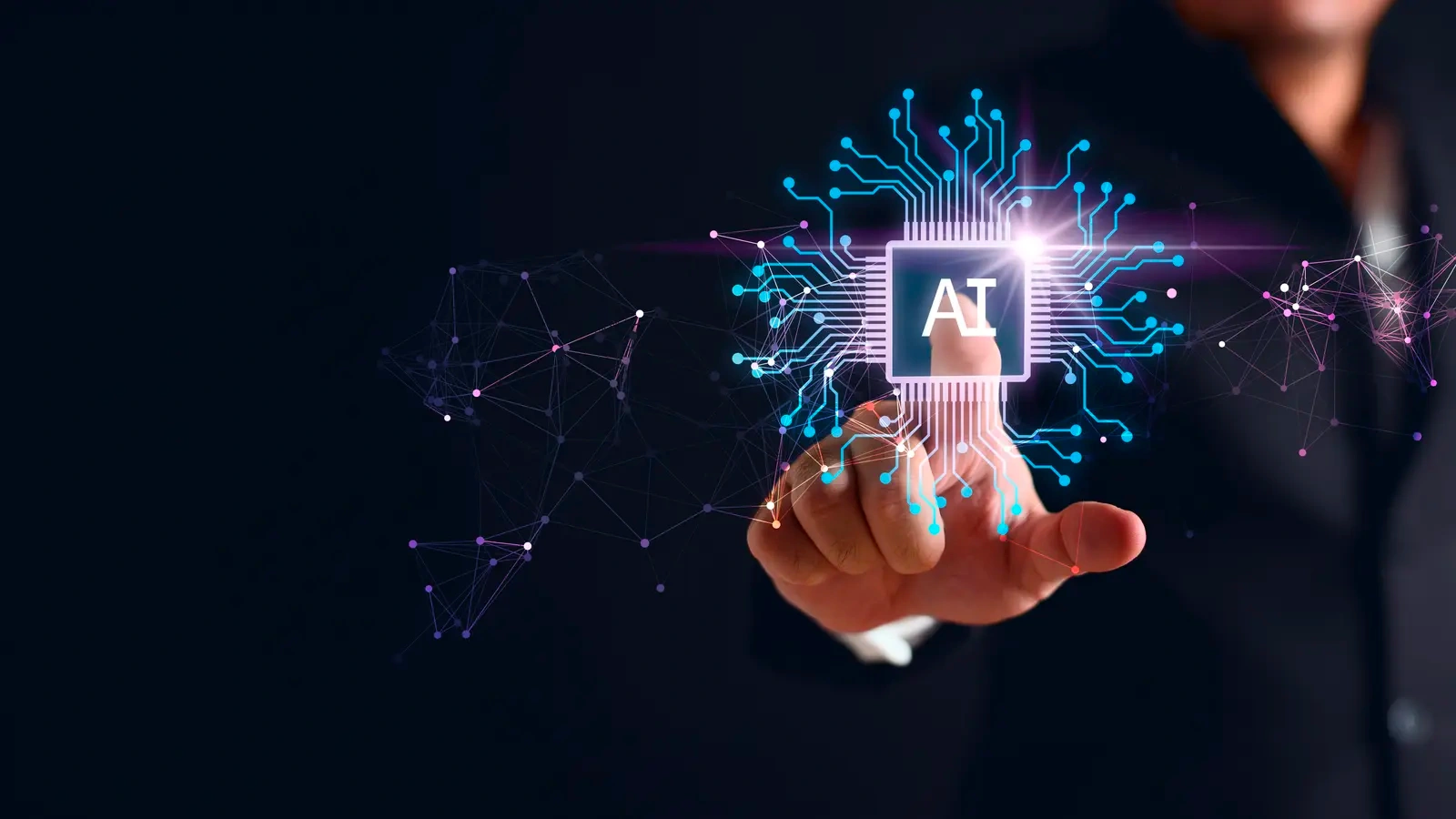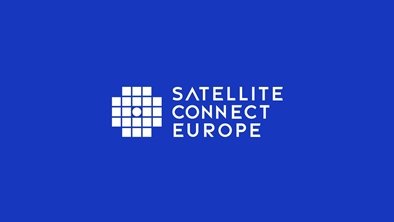Vodafone’s artificial intelligence (AI) journey has evolved from the creation of its TOBi chatbot in 2016, to operating the world’s fifth largest data ocean, all in the pursuit of better serving the company’s 300 million customers.
AI is a rapidly changing landscape, littered with both staggering innovation and regular controversy. Against this backdrop Vodafone is blazing a path with its customers, and its customer’s security, in mind.
The data ocean is a series of Vodafone-only cloud servers and underpins all the company’s AI, data, and analytics applications across Europe and Africa. As Scott Petty, Chief Technology Officer of Vodafone stresses, it is private to Vodafone. It only uses anonymised data and is not used to train any public AI services such as Generative AI (Gen AI) capable of producing text, images, and other content.
The distinction is important because public Gen AI services are attracting criticism for using anything and everything to train their models, including copyrighted material and online content without permission. Vodafone’s data ocean secures customer and corporate data, allowing the company to utilise the innovations of AI while limiting its risks.
“This unique data platform sits at the heart of Vodafone’s drive to personalise customer offers, resolve customer issues more quickly and make real-time automated network improvements,” Scott says.
Vodafone embarked on this digital journey long before the recent AI headlines (which range from helping develop new life-saving drugs to helping students cheat on exams), but as Scott points out, it is still relatively new in AI years, which has been around since the 1950s.
Hear him explain below.
Brief history of AI
In 1956, Alan Turing wrote a paper on how to build intelligent machines. He believed machines could use knowledge and reason to solve problems and make decisions, the same way humans do.
Over the next 20 years, AI flourished as computers became cheaper and faster and could store more information. Jump to the 90s and world chess champion Gary Kasparov was defeated by IBM’s Deep Blue, a chess playing computer program.
In the same year, speech recognition software was implemented on Windows. And by 2002, Rodney Brooks, an Australian Roboticist had created the first commercially successful robot – an autonomous vacuum cleaner.
In today’s ‘Digital Age’ Scott explains that you are most likely using AI every day. From talking to a smart home device, to using a search engine that recommends a particular product when shopping online.
Private AI Ocean and Containers
Vodafone is using AI in multiple ways to better serve its customers. As previously mentioned, when Vodafone builds AI-based services, it houses them within its own on-premise data ocean.
Within the data ocean, the Large Language Models (LLM), which use deep learning and large amounts of data to understand and generate new content, are also private. They sit inside Vodafone’s own software containers and do not share data and information with any external LLMs, Scott confirms.
Public LLMs in comparison are used to power tools like Chat GPT. These are often free services which have been trained on vast quantities of available web data to improve their models. If Vodafone shared customer data with a public LLM, it would be a serious breach of privacy and company policy.
That doesn’t exclude it from experimenting with its own LLM. For example, it is using its own technology to analyse and interpret complex network roaming contracts (around 10,000 contracts with 700 operators) to simplify and speed up its processes.
Vodafone AI applications
Scott continues: “AI applications that Vodafone has deployed, and those in development, are aligned to our strategy of improved customer experience, simplification of internal processes and the generation of growth.”
“With AI generated personal recommendations, Vodafone can identify and make offers from across 12 existing service and product-types in the company’s consumer sector.”
Additionally, the use of synthetic data (alternative to real world data) has enabled Vodafone to make positive advancements in the customer online experience, while maintaining robust privacy and data protection.
AI models also provide real-time analytics to detect and predict Vodafone network anomalies. This advanced intelligence identifies, and groups related multi-dimensional network events, which provides engineers with immediate insights to fix faults, often before they impact a customer.
In addition, the deployment of active analytics provides synthesised insights which engineers use to quantify and monitor energy. With this data they can activate energy-saving software features on mobile base stations.
“We see AI primarily as a ‘virtual assistant’ for humans. Already AI is freeing-up Vodafone employee time from tedious, repetitive manual work, enabling them to focus on more creative activities that benefit our customers and the environment,” Scott adds.
For example, Vodafone developers have helped TOBi mature from its humble beginnings in Newbury into a bot capable of helping customers across multiple countries and in 15 different languages.
Vodafone will not rest on its laurels. “We will continually monitor how new, disruptive technologies evolve, and ensure they have end user benefit while conforming to our privacy and security standards,” Scott concludes.

























